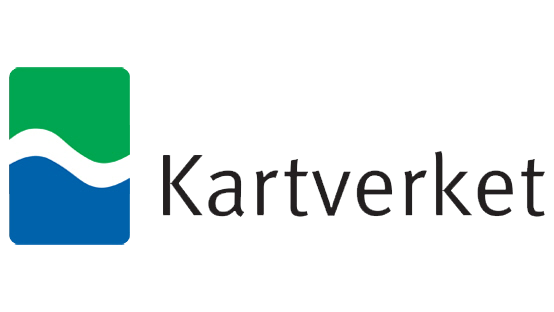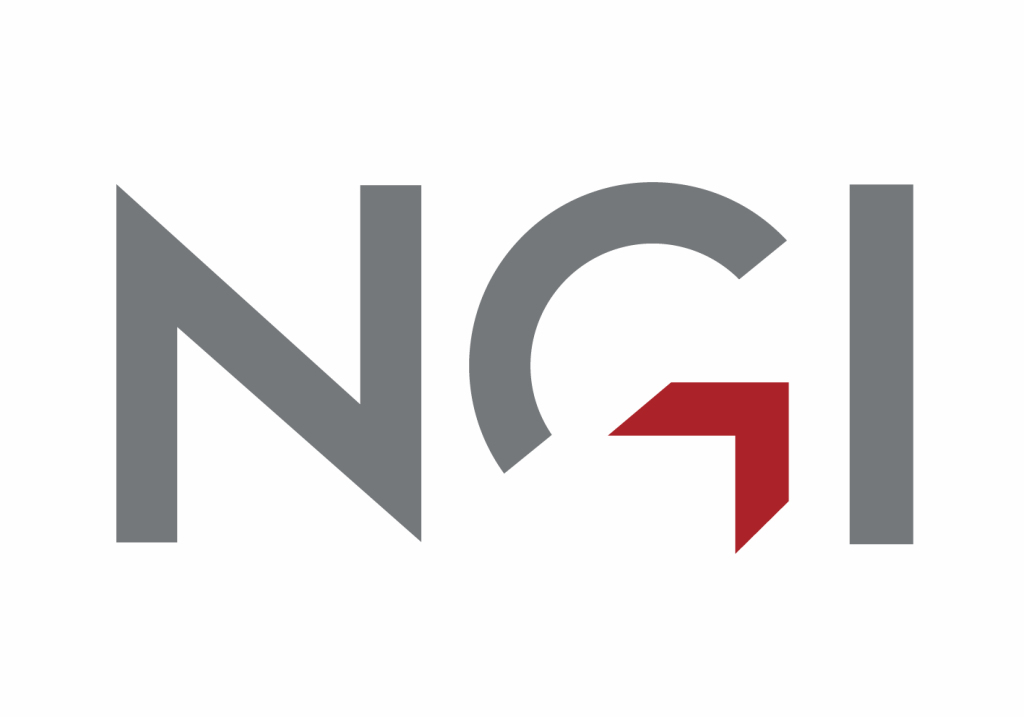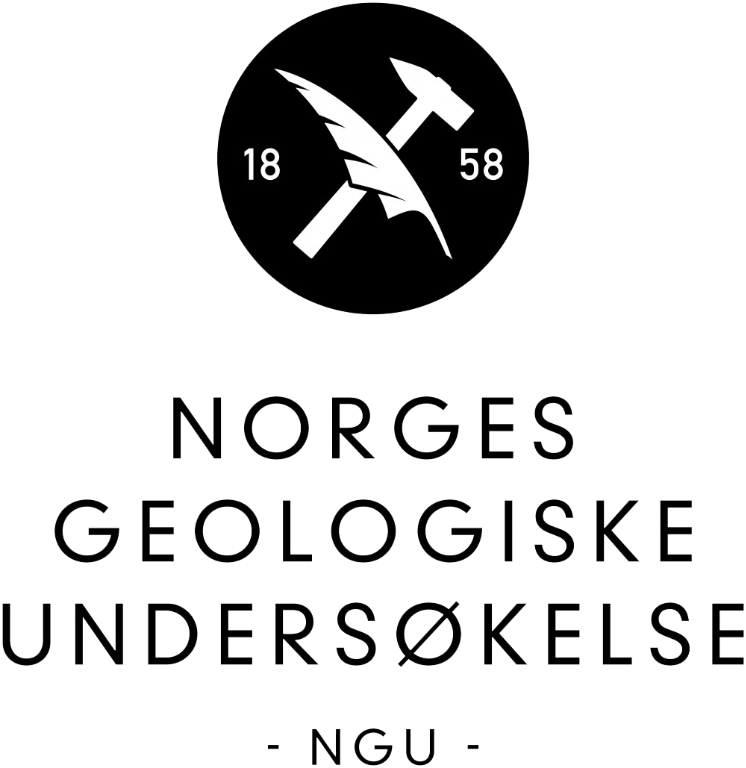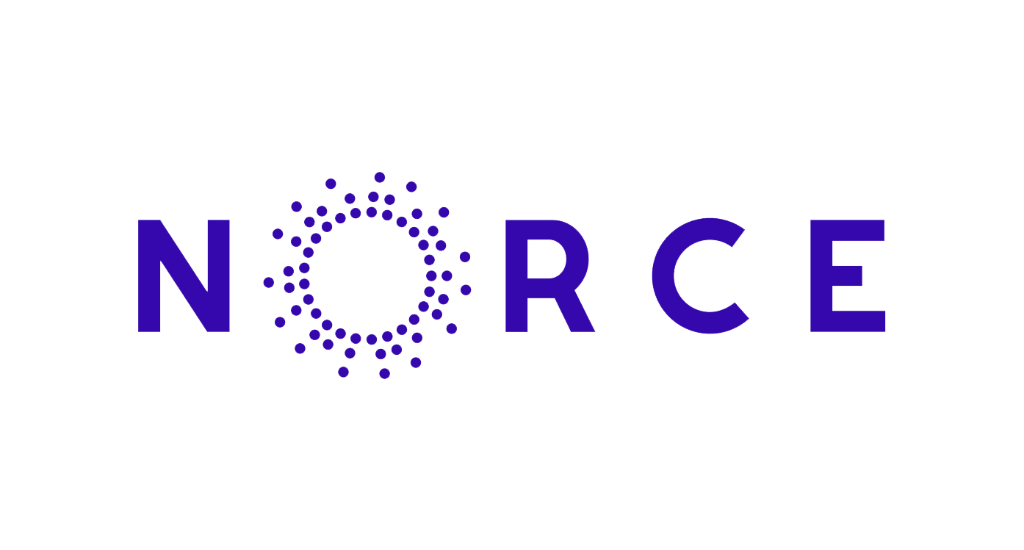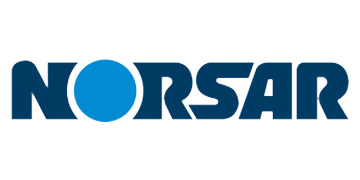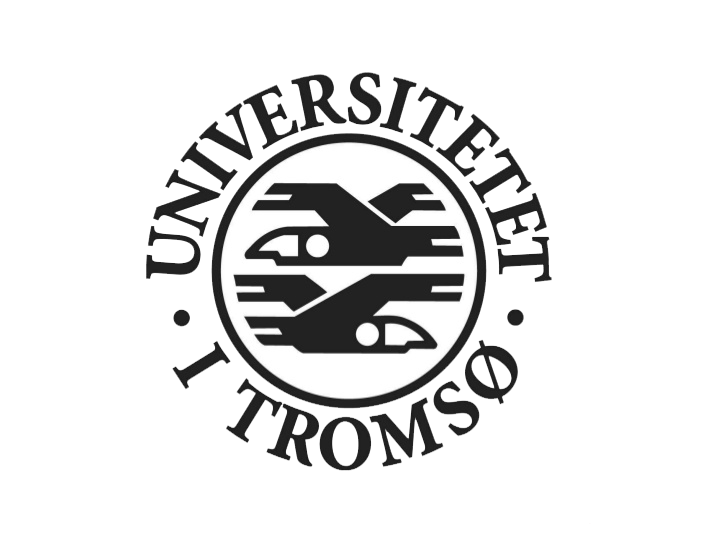EPOS-N Overview
The European Plate Observing System – Norway (EPOS-N) project is funded by the Research Council of Norway (RCN) for an installation phase of five years from 2016 to 2020, followed by a five year operational phase (ending in 2025). The project is carried out by the following six partner institutions:
- Department of Earth Science, University of Bergen (UiB) – coordinator
- Department of Geosciences, University of Oslo (UiO)
- Geological Survey of Norway (NGU)
- NORSAR
- Norwegian Mapping Authority (NMA)
- Christian Michelsen Research (CMR)
The main vision of the European Plate Observing System – Norway (EPOS-N), in line with the EPOS objectives, is to address the three basic challenges in Earth Sciences:
- Unravelling the Earth’s deformational processes which are part of the Earth system evolution in time
- Understanding the geohazards and their implications to society
- Contributing to the safe and sustainable use of geo-resources
One of the main objective of EPOS-N is to integrate the data from the national seismic and geodetic monitoring networks, as well as geological and geophysical data repositories. The goal of EPOS-Norway is to bring all data that maps the physical conditions of the Earth’s crust under a unified umbrella that:
- Makes data available and easier accessible to the full geoscience community (and the public),
- Provides an integration infrastructure that can be used by geoscientists and provide mechanisms for improved use of all available geodata, and
- Initiates and facilitates closer interaction between scientists from different fields in terms of joint interpretation of different data for the same geographical areas.
The main components of EPOS-N are:
- Develop a Norwegian EPOS e-infrastructure to integrate the data from the seismological and geodetic networks, as well as the data from the geological and geophysical data repositories, which is in line with European EPOS.
- Improve monitoring capacity in the Arctic, including northern Norway and the Arctic islands.
- Establish a Solid Earth Science Forum for providing a constant feedback mechanism for improved integration of multidisciplinary data, as well as training of young scientists for future utilization of all available solid Earth observational data through a single e-infrastructure.
Connection to the European EPOS
EPOS-N is the Norwegian node of the European-wide EPOS project. The European Plate Observing System (EPOS – www.epos-eu.org) is a research infrastructure for European solid Earth science, integrating existing research infrastructures to enable innovative multidisciplinary research. EPOS has been included in the Roadmap of the European Strategy Forum on Research Infrastructures (ESFRI) since December 2008, and became an ERIC in 2018.
The goal of EPOS is to offer tools and data to promote and facilitate innovative approaches for a better understanding of the physical processes controlling earthquakes, volcanic eruptions, unrest episodes, and tsunamis, as well as those driving tectonics and Earth surface dynamics. This overarching goal is achieved through the integration of existing and newly developed national and trans-national research infrastructure that provide multidisciplinary data recorded by monitoring networks, acquired in laboratory experiments, and produced by computational simulations.
EPOS continues to integrate data and service providers from solid Earth science as well as governmental organizations. EPOS is aimed to reach a broad community including the following stakeholder categories:
- Data and service providers from the solid Earth science community
- Scientific user community (hereinafter, the users)
- Governmental organizations
- Industry and other data and service providers
Further information is given in the following publications:
- Atakan, K., Cocco, M., Orlecka-Sikora, B., Pijnenburg, R., Michalek, J., Rønnevik, C., Olszewska, D., Górka-Kostrubiec, B., & Drury, M. R. (2022). National EPOS initiatives and participation to the EPOS integration plan. Annals of Geophysics, 65(2), DM211.
- Cocco, M., Freda, C., Atakan, K. ., Bailo, D., Saleh-Contell, K., Lange, O., & Michalek, J. (2022). The EPOS Research Infrastructure: a federated approach to integrate solid Earth science data and services. Annals of Geophysics, 65(2), DM208.


